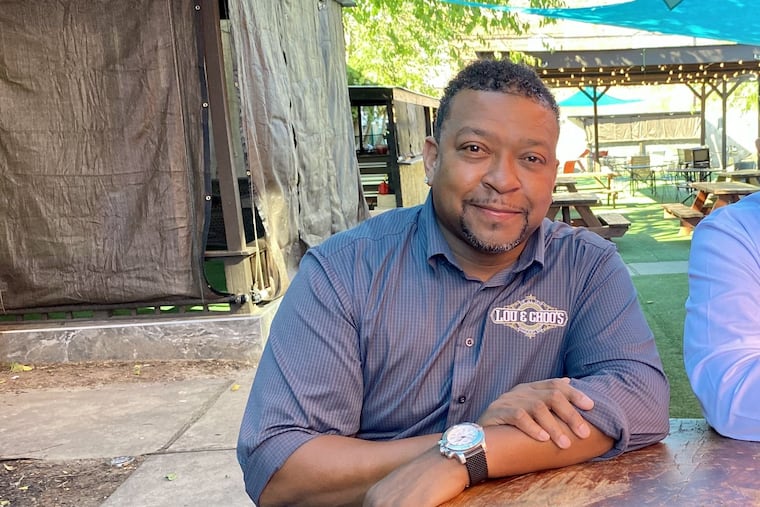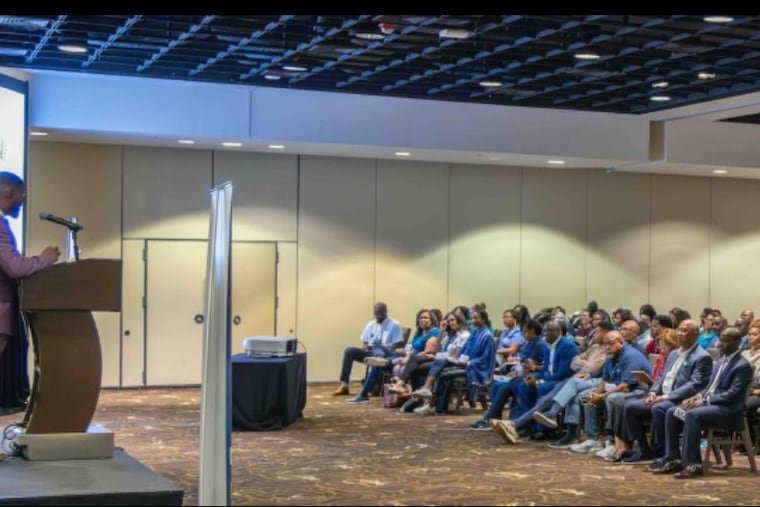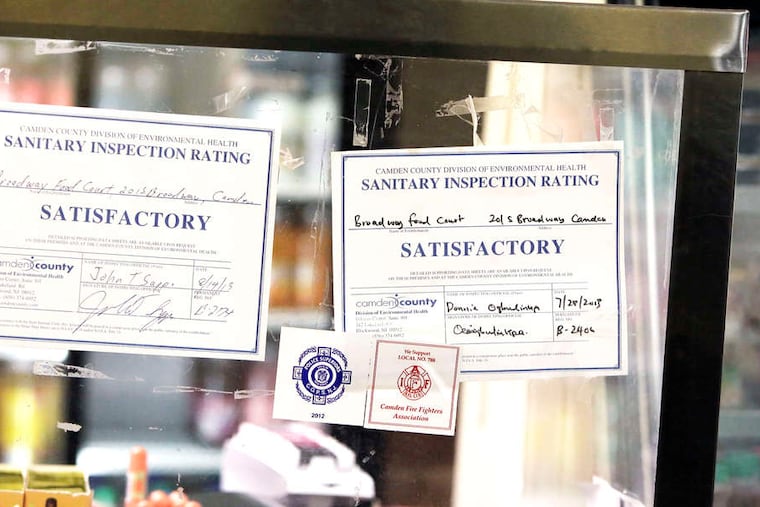Philly consultant Tracy Hardy admits guilt in million pandemic loan fraud and union hall scheme.
Tracy Hardy, a prominent political consultant in Philadelphia, has entered a guilty plea to multiple charges of wire fraud and making false claims to the federal government. The charges stem from illicit activities involving pandemic relief funds, revealing a troubling case of financial misconduct that has drawn attention in the wake of the COVID-19 crisis.
The 52-year-old Hardy, who has held various influential roles in the Philadelphia political landscape, including serving as an aide to former Mayor John F. Street and as chief of staff for State Senator Sharif Street, manipulated his business finances to secure approximately million in government relief funds. According to court documents presented by federal prosecutors, Hardy crafted a deceptive narrative regarding his companies’ financial status to obtain loans under the Paycheck Protection Program (PPP) and the Economic Injury Disaster Loan (EIDL) program.
Hardy reportedly inflated the operational figures of three companies—Lou & Choo’s Lounge, Hardy & Hardy, and Monroe Press—to misrepresent employee numbers, wage disbursements, and revenue figures. His efforts resulted in the receipt of more than .9 million in fraudulent loans, which he then misappropriated for personal expenses, including vehicles and leisure activities, rather than using the funds as designated for pandemic relief. This misuse raises questions about the integrity of the relief programs designed to assist businesses in maintaining their workforce during an unprecedented economic crisis.
Additionally, Hardy admitted to orchestrating a fraudulent bidding process to secure a renovation contract for a union hall in Manayunk. He created fictitious bids, inflating the contract price by ,000 to ensure that his company, Manayunk Construction & Development Corp., appeared to offer the most competitive deal, despite the inflated figures.
As a consequence of his guilty plea, Hardy’s legal situation has led to the Pennsylvania Attorney General’s Office agreeing to dismiss related state charges against him concerning the union hall scheme. Notably, this development implies that his co-defendant, Christen Woods, who formerly led District 1199C, will now face charges independently.
The case underscores broader concerns regarding fraudulent activities that arose in the wake of emergency relief initiatives, sparking investigations into how funds were allocated and ensuring accountability within the system. As authorities continue to investigate, the implications of Hardy’s actions serve as a cautionary tale on the risks of exploiting governmental assistance programs.
In a time when many businesses were struggling to survive, the actions of individuals like Hardy highlight the necessity for vigilance and stringent oversight of public funds intended to aid recovery efforts. The judicial process related to Hardy’s case continues, reflecting ongoing efforts to uphold ethical standards in public service and business practices.







